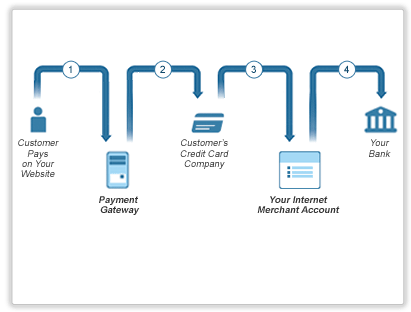If
you want to accept credit cards from your customers, you’ll be required to have
a merchant account in place. Different merchant processors practice different
criteria for approving merchant account applications. Your credit will be
checked at the time you apply for a merchant account, but don’t fret as
merchant processors are usually lenient with customers with bad credit.
Here’s
what you need to consider when applying for a merchant account processor:
1. Business Structure
It
depends upon the type of business you’re setting up as to whether your bad
credit will play any role in obtaining the high volume merchant accounts from your
processor. A limited company will not reflect on the personal account of the
business owner, whereas a company which has not been registered, will.
2. Higher Fees
It
is possible to obtain global merchant processing
account even if you have a bad credit, but
be prepared to pay higher cost for the fees charged. If your business ventures
isn’t a limited company and you’re looking for online credit card processing services, it is advisable you prepare your financial credit score well in
advance. Doing this will not only reduce the fees charged, but will also save
money for your business.
3. Bankrupt
Your
bankruptcy details will reflect on your personal score for nearly ten
years. It will restrict many credit card processors from accepting your application, but there are merchant
account providers who will willingly take your high risk business.

